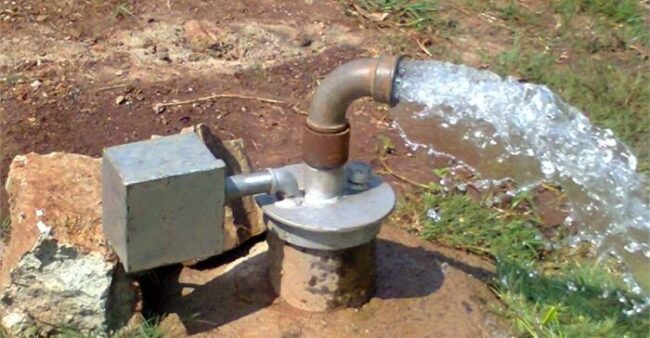Overcoming Challenges in Borehole Drilling Projects: Strategies for Success
Borehole drilling projects are not without their challenges. We explore common hurdles faced by Water Boreholes Powys Drilling Contractors and strategies to overcome them, ensuring the success of the project.
Challenges often arise due to uncertainties in geological conditions. Contractors can mitigate this by conducting thorough geological surveys and explorations before drilling. Advanced technologies like ground-penetrating radar can provide valuable insights into subsurface conditions, reducing the risk of unexpected challenges.
Fluctuations in the water table can impact drilling operations. Contractors should continuously monitor water table levels and be prepared to adjust drilling depths accordingly. Real-time data and adaptive drilling techniques can help overcome challenges posed by dynamic water tables.
Mechanical failures or breakdowns in drilling equipment can lead to project delays and increased costs. Regular maintenance and quality assurance checks on drilling equipment are essential. Contractors should also have contingency plans and access to backup equipment to minimize downtime.
Cost overruns are a common concern in borehole drilling projects. To mitigate this, contractors should provide detailed and transparent cost estimates, accounting for potential contingencies. Regular project monitoring and efficient resource management can help control costs and prevent unexpected financial burdens.

Addressing the environmental impact of borehole drilling is crucial. Contractors should proactively implement measures to minimize soil erosion, protect local ecosystems, and manage waste responsibly. Compliance with environmental regulations and community engagement can contribute to a sustainable and socially responsible drilling project.
Community resistance or negative perceptions can hinder the progress of drilling projects. Contractors should engage with local communities, communicate project benefits, and address concerns effectively. Transparency and collaboration with stakeholders help build trust and foster a positive perception of the project.
Navigating complex regulatory frameworks is a common challenge in borehole drilling. Contractors should stay informed about local regulations, obtain necessary permits, and work closely with regulatory authorities. Establishing a clear understanding of compliance requirements from the outset can prevent regulatory-related delays.
Geotechnical issues, such as rock formations or unstable soil conditions, can complicate drilling operations. Comprehensive site assessments and geotechnical studies before drilling can help identify potential challenges. Adapting drilling techniques based on geotechnical data ensures efficient progress despite unforeseen issues.
A shortage of skilled labor can pose challenges in project execution. Contractors should invest in training programs and collaborate with educational institutions to develop a skilled workforce. Emphasizing safety, providing competitive wages, and fostering a positive working environment can attract and retain skilled personnel.
Adverse weather conditions, such as heavy rainfall or extreme temperatures, can lead to project delays. Contractors should factor in seasonal variations in project planning, implement weather contingency plans, and have strategies in place to resume operations quickly after weather-related interruptions.